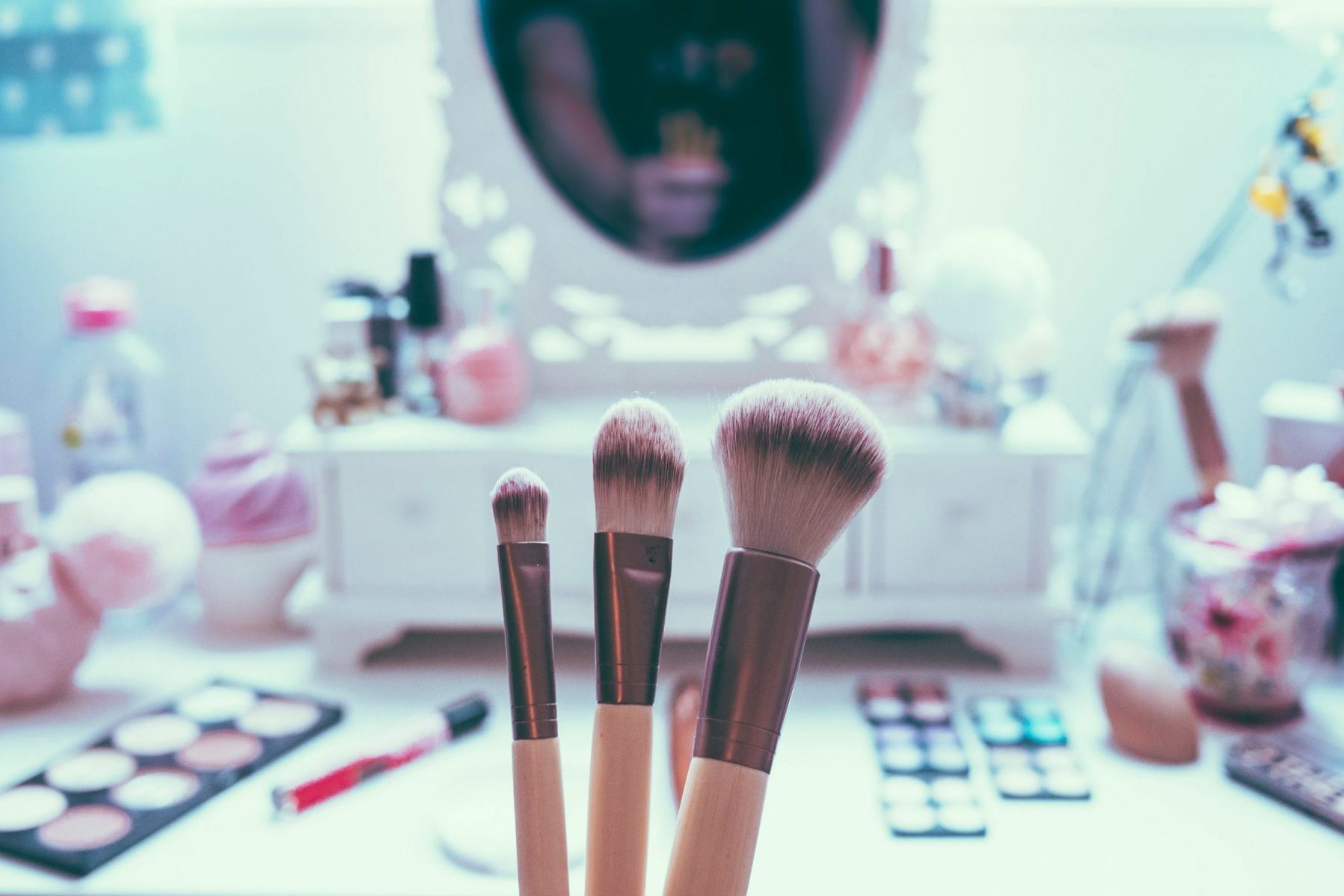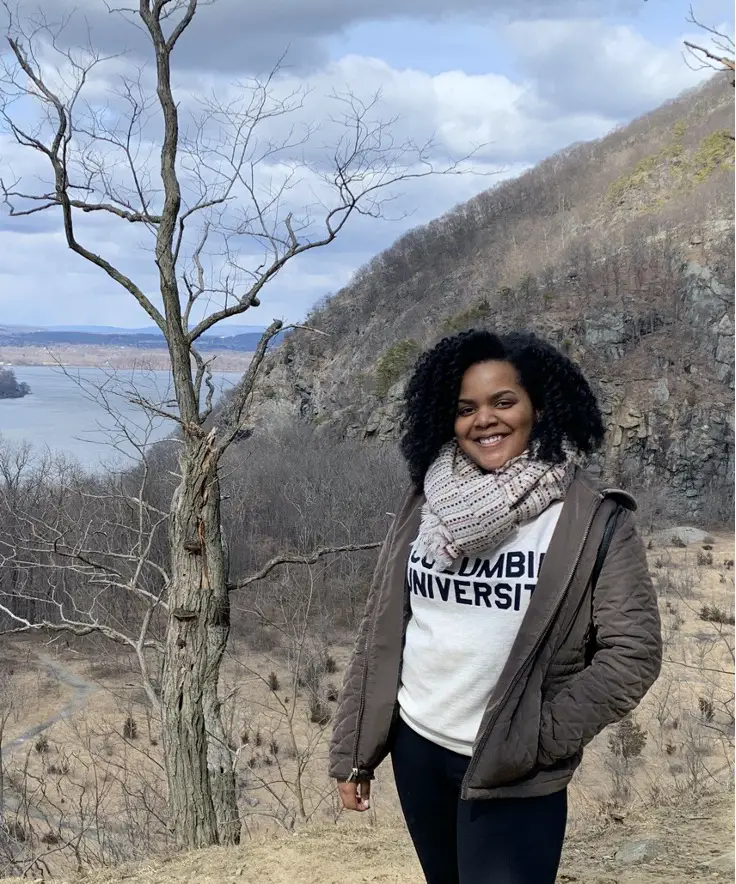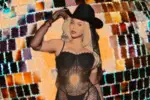At least in an abstract sense, most people agree that judging a person based on their sex, race or religion is unfair. But when it comes to discriminating against people based on other aspects of appearance — like attractiveness — we often don’t acknowledge these slights; we even find appearance-based discrimination permissible.
There is a psychosocial phenomenon that being more physically attractive gets you more opportunities in life. This “pretty privilege” encapsulates our bias in favor of those that are considered beautiful, and because beauty is socially constructed, it can thrive off of existing beauty standards that devalue individuals from marginalized groups. Here’s how pretty privilege shows up in real life, and how you can better check your personal biases.
Defining “Pretty”
Beauty is of course subjective, but that doesn’t mean perceived beauty doesn’t have real social and economic consequences. It is because of these legitimate benefits to being considered attractive that we should consider what individuals consistently align with our culture’s ideas of “pretty.”
Janet Mock, an author and trans activist, wrote in her Allure article “Being Pretty Is a Privilege, But We Refuse to Acknowledge It”: “‘Pretty’ is most often synonymous with being thin, white, able-bodied, and cis, and the closer you are to those ideals, the more often you will be labeled pretty — and benefit from that prettiness.” Eurocentric and fatphobic ideals are entrenched in how we perceive beauty and desirability in others. Though diversity in media today is improving and expanding in some sectors to represent a range of ethnic backgrounds and body types, billboards, movie posters, and beauty and fashion campaigns still send the message that whiteness and those who best approximate whiteness are prettier.
Early racial theorists not only insisted that white people were superior mentally, but that “Caucasian” was the most beautiful of the races. There is a long history of associating beauty with whiteness, and divorcing concepts of beauty from non-conformative bodies — such as those belonging to women of color — in order to maintain privilege and control. In a post-colonial Western society, white, cis, able-bodied individuals lay claim to beauty and thus reap its social and economic benefits.
While anyone can be beautiful, in a society where notions of beauty have for so long been bound to whiteness — an “all-American beauty,” for example, is a blonde-haired, blue-eyed girl —white women are more likely to experience and benefit from pretty privilege. White-passing and lighter-skinned women of color experience privilege within their own communities, sometimes being put on a pedestal, whether intentionally or not, for approximating Western ideals.
Scientists across many fields, from psychology to even economics, have dedicated studies to the ways beauty can act as a kind of social currency.
Pulchronomics, for example, is the study of the economics of physical attractiveness. Being beautiful can make getting a job easier, make you more popular (thus giving you more social capital), and earn you a lighter sentence if you are convicted of a crime. Even in the classroom, teachers have higher expectations for better-looking children, and attractive students get higher grades. Employees with above-average looks get above-average pay. While investing heavily in one’s appearance may be judged as frivolous, there’s nothing light-hearted about the potential consequences of “lacking” beauty.
Pretty Privilege in Everyday Life
In everyday moments like making friends or choosing whether to be polite to someone, pretty privilege benefits some. On the video-sharing app TikTok, for instance, posts will go viral as users fawn over the video’s “aesthetic,” often one that is created by the original poster’s outfit, body or good-looking face. In that way, the app can feel much like Instagram, where in many instances astronomical differences in likes are in proportion to a person’s perceived facial beauty. On TikTok, it’s not unusual to find a string of comments requesting in on the friendship of a group of above-average looking girlfriends. Despite the fact that users only see them in 15-second bursts, good-looking TikTokers are deemed friendly, fun and cool.
TikTok, the purported “feel-good” corner of the internet, perpetuates the inequalities of pretty privilege through its For You page. At one time the company advised moderators to keep certain body types and lifestyles — mostly fat and poor — out of the For You section. Videos displaying bodies that fell into the following categories were to be cut: “Abnormal body shape, chubby, have obvious beer belly, obese, or too thin.” Moderators were to also hide people with “ugly facial looks.” Users with pretty privilege were able to rise to the top of the app simply by meeting conventional beauty standards.
The easy virality of these videos points to another aspect of pretty privilege — success on social media. Social media popularity can lead to a range of opportunities, such as brand deals and sponsorships, a successful merch line, or the exposure to start a lucrative, unrelated business, like a make-up line or clothing brand. Because those who can conform with white beauty ideals will be identified with beauty sooner and more consistently, internet fame in many ways reinforces inequalities already present in society — such as white, able-bodiedness as a precursor for success.
Disrupting the Inequalities Produced by Pretty Privilege
On an episode called “Is Beauty in the Eye of the Colonizer?,” hosts of NPR podcast “Code Switch” note “the body positivity movement and the fat-acceptance movements have . . . consistently pushed back on the idea that thin, young, white, able-bodied women are the epitome of beauty — or that beauty should be a precondition for respect to begin with.” These movements have called attention to the beauty bias, which is entrenched in a preference for bodies and facial features that conform with conventional standards of femininity. Affirming that unconventional and bigger bodies are valuable and deserve dignity works toward a norm where pretty privilege won’t mean fat women are stigmatized or looked over for opportunities because of their weight.
“Being considered beautiful can help you gain access to certain spaces, or increase your power in certain settings. By the same token, a perceived lack of beauty, or a refusal or inability to conform to certain beauty standards, also has really tangible consequences,” podcast editor Leah Donello explains in the episode.
Some might ask the question whether expanding our idea of beauty or disregarding beauty as a “precondition for respect” altogether is more productive. I would argue that both are powerful ways of resisting toxic standards and uplifting women, especially women of color.
Beyonce’s “Brown Skin Girl,” for example, simultaneously embraces Black women, particularly dark-skinned Black women, in its conception of feminine beauty while rejecting colonial beauty standards. In romanticizing dark skin, Beyonce’s love song to brown-skinned girls invites women historically considered not beautiful into the power of taking pride in one’s beauty and desirability, something that’s always been offered to white women. Since its release last year, and the premiere of the song’s music video in Disney’s “Black Is King,” “Brown Skin Girl” has been an emotionally stirring tribute to Black beauty.
In an essay published in The New York Times, Megan Nolan reflects on a time in her life when she asked herself “What if I tried accepting that I will never be beautiful, and that I do not need to be?” She argues that body positive movements have gone further than stating that every kind of body can be beautiful, to insisting that every person is beautiful. The idea that beauty is necessary or especially significant is in itself harmful. What would it mean to be happy and believe that you are not beautiful?
Pretty privilege reinforces social inequalities by privileging white, thin, able-bodied individuals. Interrogating and deconstructing biases against those that don’t conform with Western beauty standards can help create a more equal society. It will take de-centering whiteness, and maybe even dismissing facial beauty as meaningful in the first place.
















